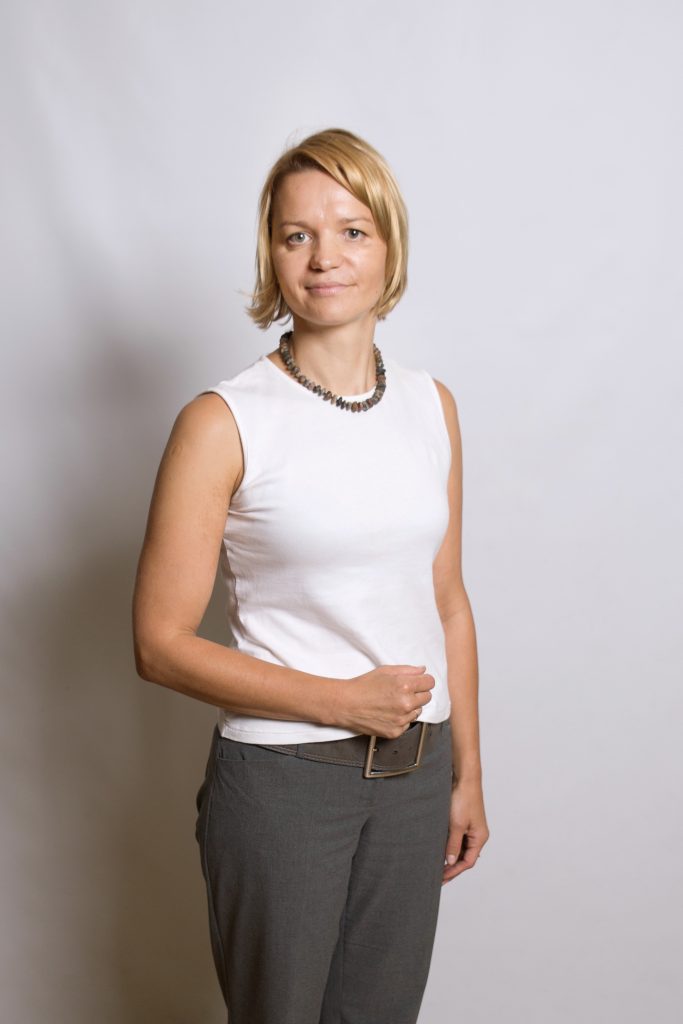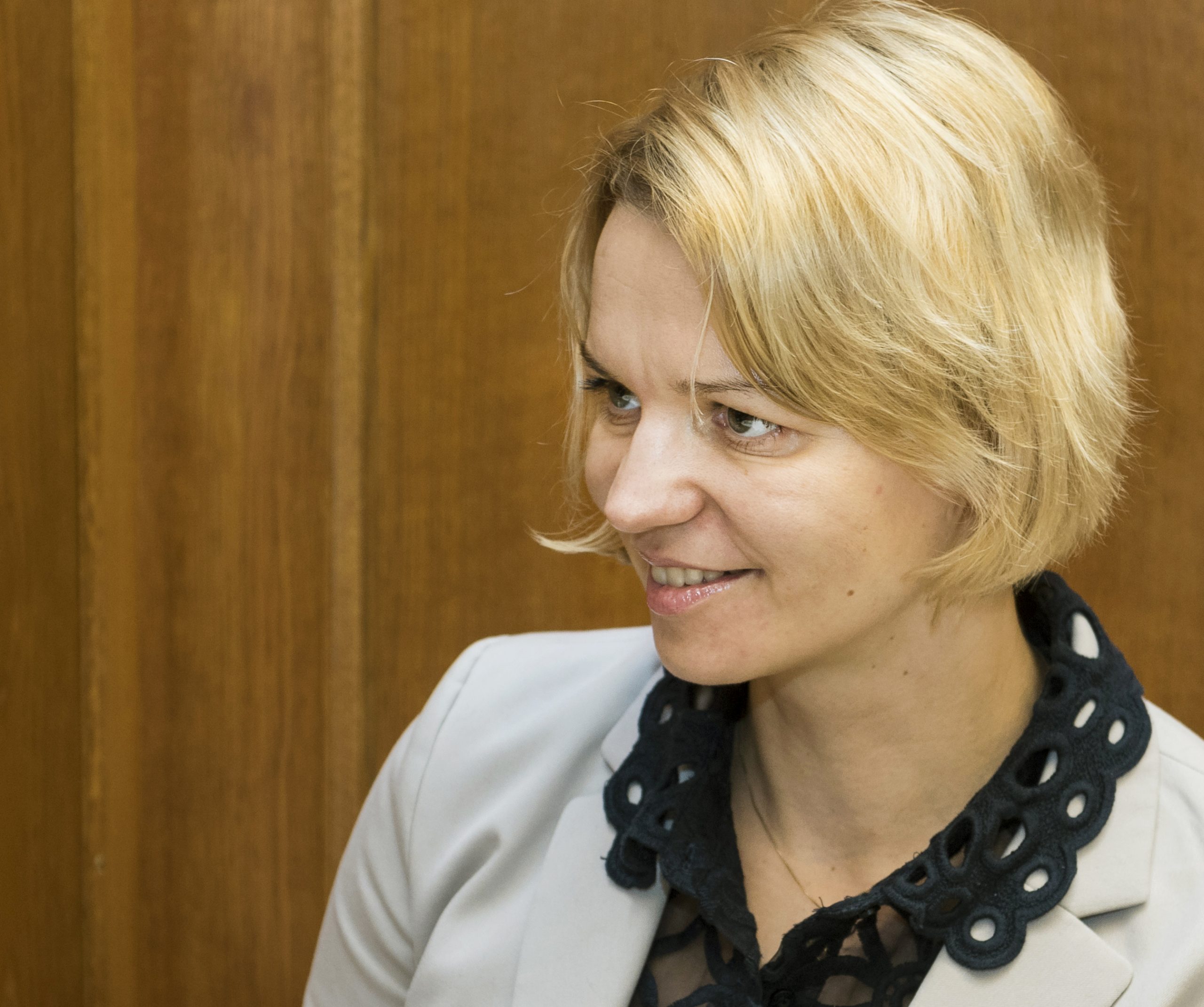Interview with Lolita Cigane, international consultant for public policy
As an expert with a professional background in public policy, Cigane is an international consultant on issues such as political finance, elections, electoral corruption, and good governance.
She first worked in North Macedonia in 2009 with the OSCE/ODIHR election observation missions, so she is quite well-acquainted with our political landscape and the issues we are facing.
Last year she made a professional visit to Skopje, where she held meetings with representatives of the Research and Analytical Centers (RACs) of the four major political parties, to help the party officials and activists design more successful public policies that benefit their voters.
Soon she will hold a workshop with the RAC again, on how to improve their research activities and overcome deficiencies.
1.
You have an impressive professional background and a track record of achievements in various fields. So far you have worked as a journalist, public policy analyst, and you have also been active in politics. At present you work as an international consultant on issues such as political finance, elections, electoral corruption and good governance. What is the primary focus of your interest and work?
My primary professional and also personal interest is in fact democracy. I was born during the years of Soviet occupation of my now independent, EU and NATO member country – Latvia. I remember how the totalitarian regime with its total control and the lack of basic freedoms was poisoning the life of my parents, relatives and our social circle. Freedom and democracy let people flourish and fair elections, good governance and civil participation make democracy sustainable, inclusive and lasting.
2.
The political scene in North Macedonia is not unfamiliar to you. In 2021, you were on a professional visit to Skopje, where you held meetings with representatives of the Research and Analytical Centers (RACs) of the four major political parties in the country. What was the purpose of your visit and your impressions?
The purpose of my 2021 visit was to help political party officials and activists realise to what extent and how the knowledge of what their voters really need and want helps them design more successful political party policies and electoral campaigns. We worked on the ways to systematically gather and analyse this knowledge. It was great to see to what extent political party representatives were engaged in this work and also saw it as beneficial for making their campaigns more meaningful and, in fact, more fun. I first worked in the now North Macedonia in 2008 and 2009 with OSCE/ODIHR election observation missions, so I know your country and the issues you face quite well.

“Freedom and democracy let people flourish, and fair elections, good governance and civil participation make democracy sustainable, inclusive and lasting”
3.
This coming February brings you back to Skopje. Could you tell us more about the objective of your prospective visit?
After every successful experiment there is a need to take stock of lessons learned. This is the only way to make progress. We will work with RACs to understand how their research into voters’ preferences benefited political party policies and municipal election campaigns, what were the strengths and weaknesses, what needs to be improved in future.
4.
In what way should the capacities of RACs in North Macedonia be strengthened so that political parties can create better, more relevant and more citizen-oriented public policies in their programs?
The biggest challenge, and this is everywhere, not just North Macedonia. to make sure that political party representatives listen to what the research tells them. Political party work is challenging, pressing with difficult and pressing issues emerging every day. Often there is no time to stop and think. The work of RACs is a possibility and an invitation to do so, this means that the work of RACs should be better integrated in regular political party policy work.
“We will work with RACs to understand how their research into voters’ preferences benefited public policies”
5.
Finally, in what way could the work of smaller political parties be stimulated and encouraged, given that these parties do not have RACs and often have limited capacities?
I enjoyed working with the small parties, they have a lot of enthusiasm and belief in their work, great commitment to their ideas. I think they are prepared to benefit from their own RACs, maybe at a smaller scale, but I do believe that the state support should also be also extended to the research and analyses capacity of smaller parties, which are represented at local and regional councils, making your democracy more vibrant and diverse.

